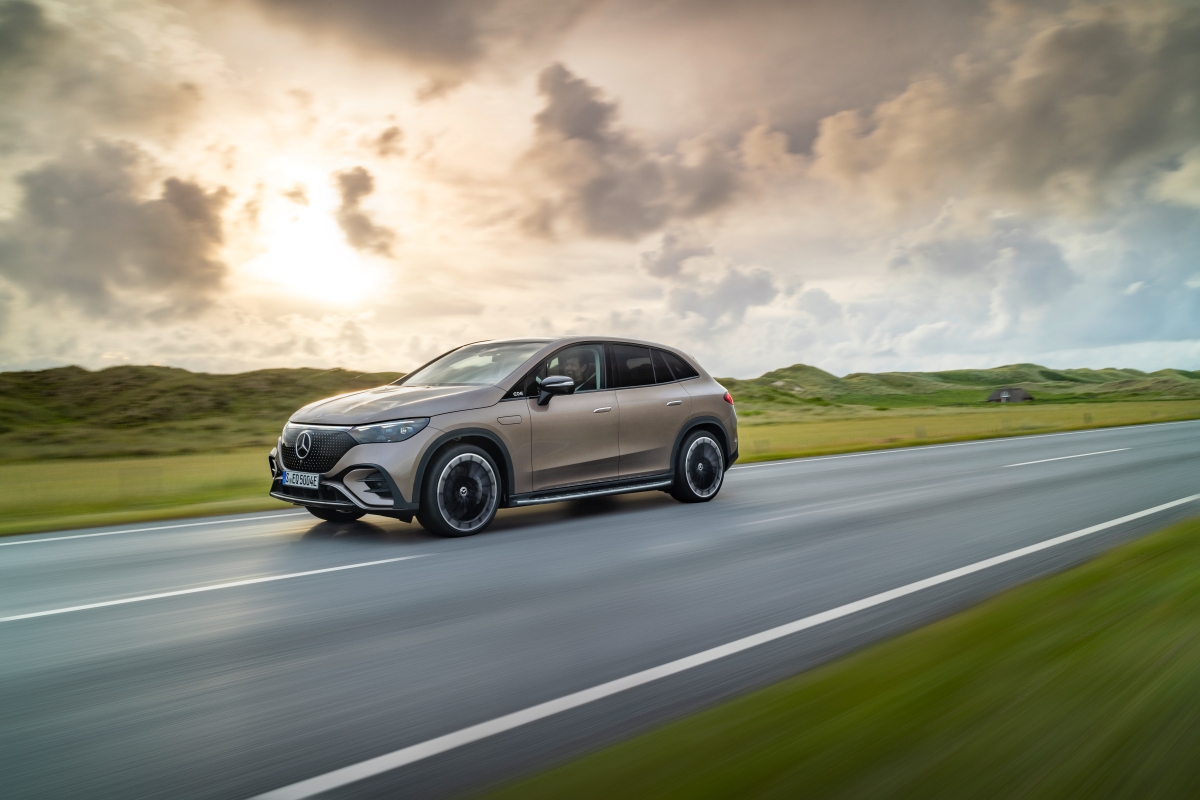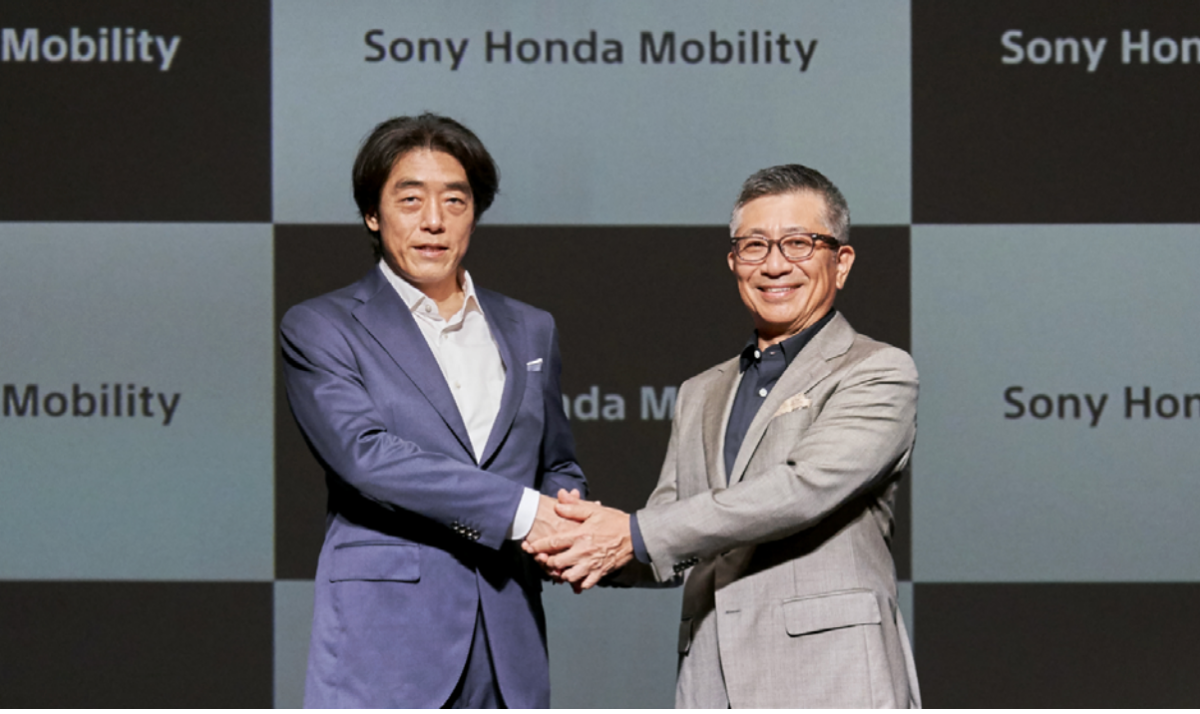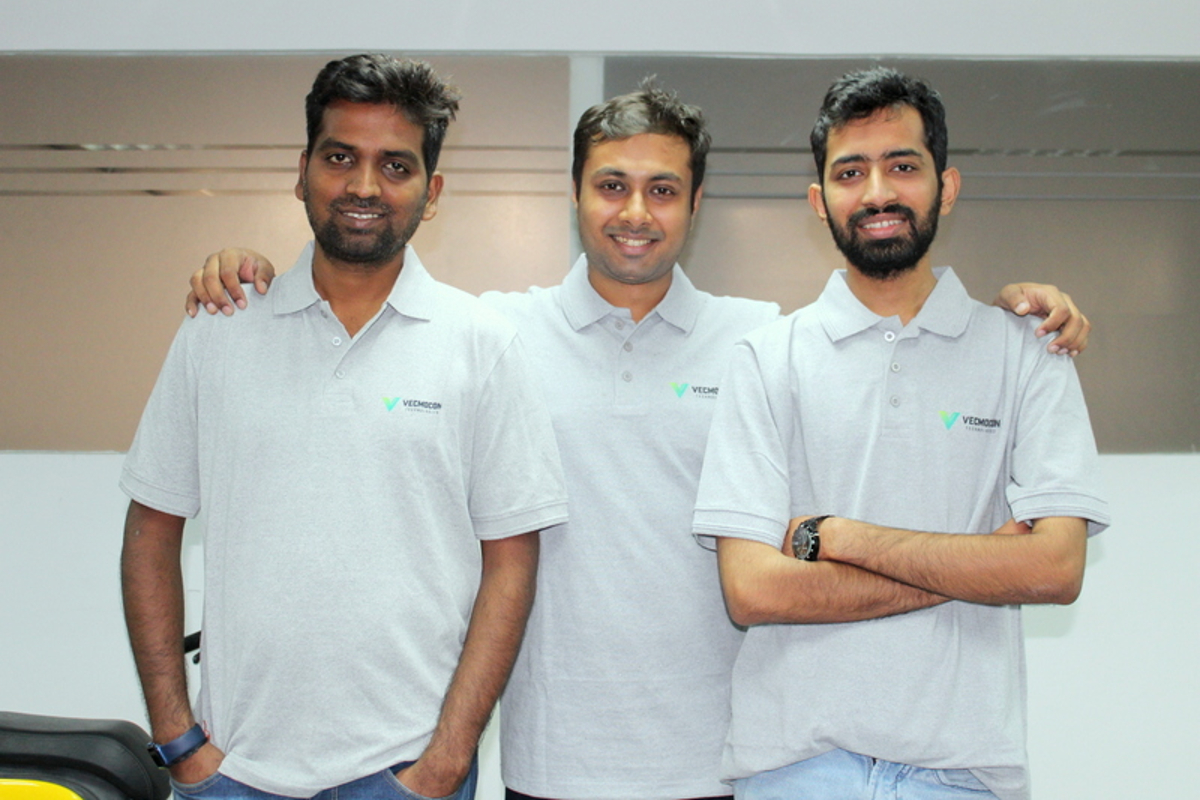Tiger Global’s latest investment in India is Vecmocon, a startup building solutions to bring safety and reliability alongside intelligence and health monitoring to light electric vehicles (EVs), addressing concerns that are curtailing the sales of electric scooters in the South Asian market. Unlike traditional internal combustion engine (ICE) vehicles that have existed for more than 100 years, EVs are pretty new to the market. The data recently shared by the Indian government shows that the country has over 1.3 million EVs, compared to more than 278 million non-EVs. The cost of service and turnaround time of an EV in the country are also quite high compared to those of traditional combustion engine-powered counterparts. A number of EVs, especially EV scooters, that are available in the Indian market are also not meeting quality standards. Some have even caught fire in the recent past. Vecmocon, an abbreviation for vector motor control, is trying to solve all this using its core EV components and software that it sells to OEMs. The New Delhi-based startup additionally offers platforms for cloud integration to enable remote diagnostics for fleet operations. “For electric vehicles to happen, its ecosystem has to happen, and that ecosystem has to be data-driven. It has to be digitally enabled for a quick evolution,” said Peeyush Asati, co-founder and CEO of Vecmocon, in an interview with ZebethMedia. IIT Delhi alumnus Asati co-founded the startup with Shivam Wankhede and Adarshkumar B — alumni of IIT Delhi and Indian School of Business (ISB), respectively, in August 2016. Before starting their venture, the trio provided pro bono consultancy to e-rickshaw manufacturers. That helped them notice the industry’s strong reliance on China. “The Chinese component manufacturers are not cooperating because the ecosystem in China around EVs is fundamentally different from how it is in India. The geography is diverse, the use cases of how people use electric vehicles are two-wheelers, kind of in terms of culture in terms of behavior, in terms of geography, all of it was different,” Asati said. All this brought them to the conclusion that while many companies have started building the mechanical side of things for EVs locally in the market, the core tech side continues to leave a lot to be desired. Vecmocon offers battery management systems, vehicle intelligence modules, instrument clusters and chargers, among other components. It targets light EV manufacturers making two-wheelers, three-wheelers, forklifts and electric tractors at the moment, as those are the lowest hanging fruits, said Asati. He believes electric cars would still take some time to enter the Indian market due to the lack of physical infrastructure, though the solutions that Vecmocon makes are also ready for four-wheelers. The co-founder said the startup’s battery management systems comply with the Automotive Industry Standards (AIS)-156 that the Indian government introduced last month to address EV battery fire issues. The safety standards are yet to become mandatory for manufacturers, though. “We have already executed those recommendations in our previous generation and improved on them further. So, we are ahead in terms of safety and reliability,” he said. Now they secured some much-needed fuel to expand. Tiger Global co-led the pre-Series A round of $5.2 million in Vecmocon along with Blume Ventures. “We are impressed with the deep commitment and progress that Peeyush, Adarshkumar and Shivam have made to solve long-term problems in India’s EV industry, and we are excited to partner with them as they build a high-quality global automotive tech company to support the adoption of EVs,” Connie Lee, partner, Tiger Global, said in a prepared statement. The funding from the all-equity round will be used to build a business around the offerings created by Vecmocon, Asati said. He noted that the startup is planning to hire sales, HR, operations and finance people in the team, which currently has 20 engineers developing different hardware and software solutions. Vecmocon, which is currently using labs at IIT Delhi, also plans to build its in-house labs to test and develop new offerings for the market. “An electric vehicle is a technologically advanced product. For the larger number of OEMs, it is hard to develop the expertise to design and perfect the software and hardware components like a BMS (battery management system) or VIM (vehicle intelligence module). Such customers stand to win greatly by adopting Vecmocon’s platform which allows them to launch high-performance vehicles faster to the market. Over the last 5 years, Vecmocon has built a unique capability to engineer such data intensive components and deliver a highly robust and safe system,” said Arpit Agarwal, director, Blume Ventures. In this financial year, Vecmocon claims to have already orders of around $5 million to execute — giving it touch points with 30,000-40,000 odd vehicles. Asati said that the plan is to power more than 100,000 vehicles by next year and the hit the milestone of 500,000 by 2025. The startup also does not want to limit itself to India, as it has started working in a pilot phase with clients in global markets and has its initial customers in the U.S., Sri Lanka and Malaysia. Prior to the pre-Series A funding, Vecmocon had raised $300,000 in a strategic seed round in 2019 from Tessellate Tech Ventures. It also received seed support in a debt and equity mix from India’s Department of Science and Technology (DST).


